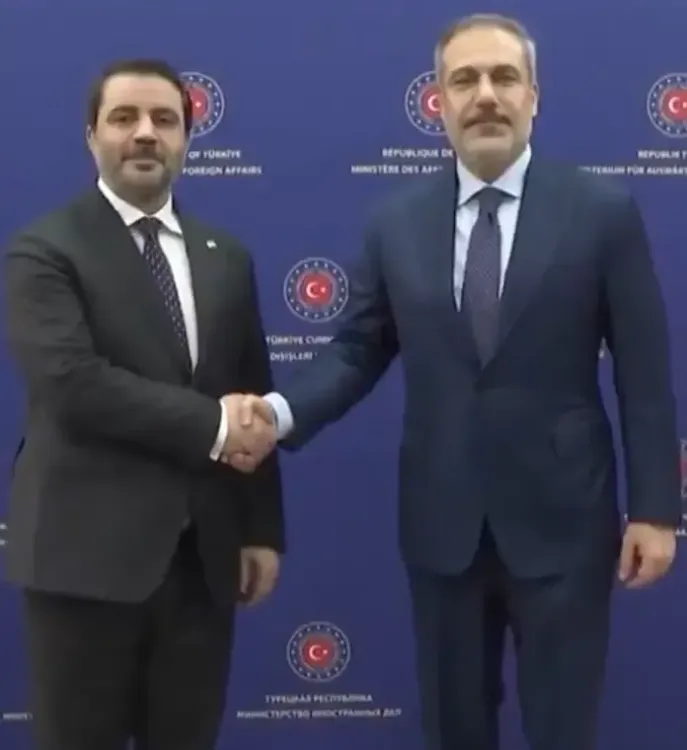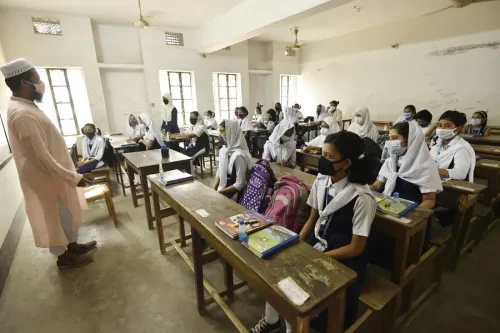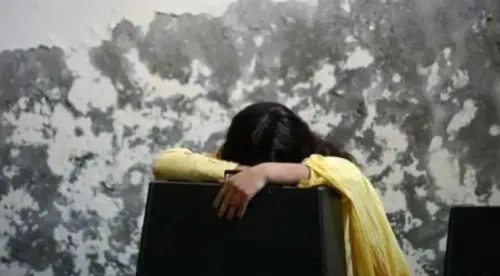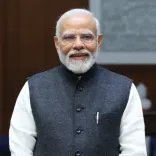Syria's Interim Foreign Minister Concludes Visit to Turkey

Synopsis
Key Takeaways
- Al-Shibani's visit marks a pivotal moment in Syrian-Turkish relations.
- Energy cooperation is a key focus for future projects.
- Turkey aims to play a crucial role in Syria's reconstruction.
- New Syrian administration seeks to mend ties with regional powers.
- Challenges remain amid ongoing conflicts in northern Syria.
Ankara, Jan 16 (NationPress) A prominent Syrian delegation, spearheaded by interim Foreign Minister Asaad Hassan al-Shibani, concluded a significant visit to Turkey this week, indicating a warming of relations after over a decade of estrangement.
This trip marked al-Shibani's inaugural official journey to Turkey, showcasing a transformation in the bilateral relationship following the recent leadership changes in Syria. Relations had deteriorated during the Syrian conflict, as Turkey supported opposition factions against the regime of Bashar al-Assad.
During discussions with Turkish Foreign Minister Hakan Fidan on Wednesday, both parties maintained an optimistic outlook. Fidan reiterated Turkey's dedication to Syria's territorial integrity and expressed backing for the nation's reconstruction initiatives. Al-Shibani referred to the discussions as an occasion to "create a new history" between the two neighboring countries.
Experts view this visit as a crucial step in reshaping regional alliances. Batu Coskun, a non-resident fellow at TRENDS Research & Advisory, informed Xinhua news agency that the visit highlights a "growing strategic collaboration" as Turkey seeks a "comprehensive security strategic relationship" with Damascus.
Coskun also pointed out that Syria's new administration seems eager to mend ties with Ankara while strengthening connections with Gulf nations.
Energy collaboration became a central topic during the conversations, focusing on potential Turkish involvement in electricity transmission projects aimed at addressing Syria's energy shortages. Additional Turkish delegations may visit Damascus to assess reconstruction possibilities.
Turkey, which currently accommodates nearly three million Syrian refugees, has expressed a desire for their eventual return. Given its geographic closeness and infrastructure capabilities, Turkey is well-positioned to play a pivotal role in Syria's post-conflict reconstruction.
Despite indications of rapprochement, obstacles remain. Clashes persist in northern Syria between Turkish-backed groups and the US-supported Syrian Democratic Forces (SDF). Al-Shibani sought to allay Ankara's concerns, stressing that Syria's new leadership is dedicated to ensuring that no threats to Turkey emerge from Syrian territory.
Soner Cagaptay, a senior fellow at the Washington Institute, indicated that Turkey's significant "soft power" in Syria could be utilized to enhance its influence as relations improve.
The recent change in Syria's government has triggered a surge of diplomatic engagements. Turkish and Qatari delegations have traveled to Damascus, while al-Shibani has made trips to Saudi Arabia, Qatar, the UAE, and Jordan. These initiatives aim to rebuild relations with regional powers and advocate for the removal of Western sanctions.
Turkey, which severed diplomatic ties with Damascus in 2011, has expressed support for a peaceful transition in Syria. Turkish President Recep Tayyip Erdogan has committed to supporting the new Syrian administration in forming governmental structures and drafting a new constitution.









